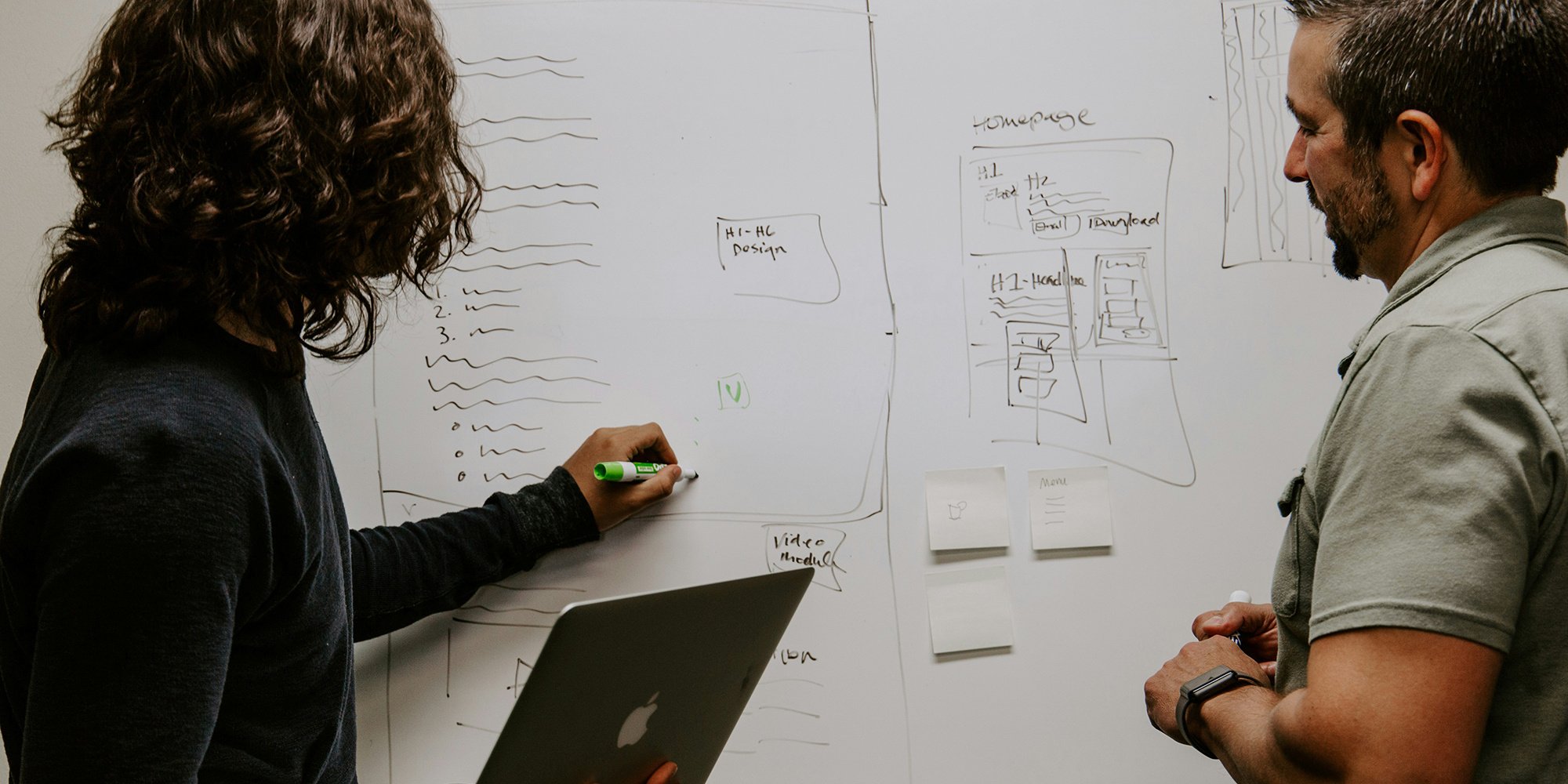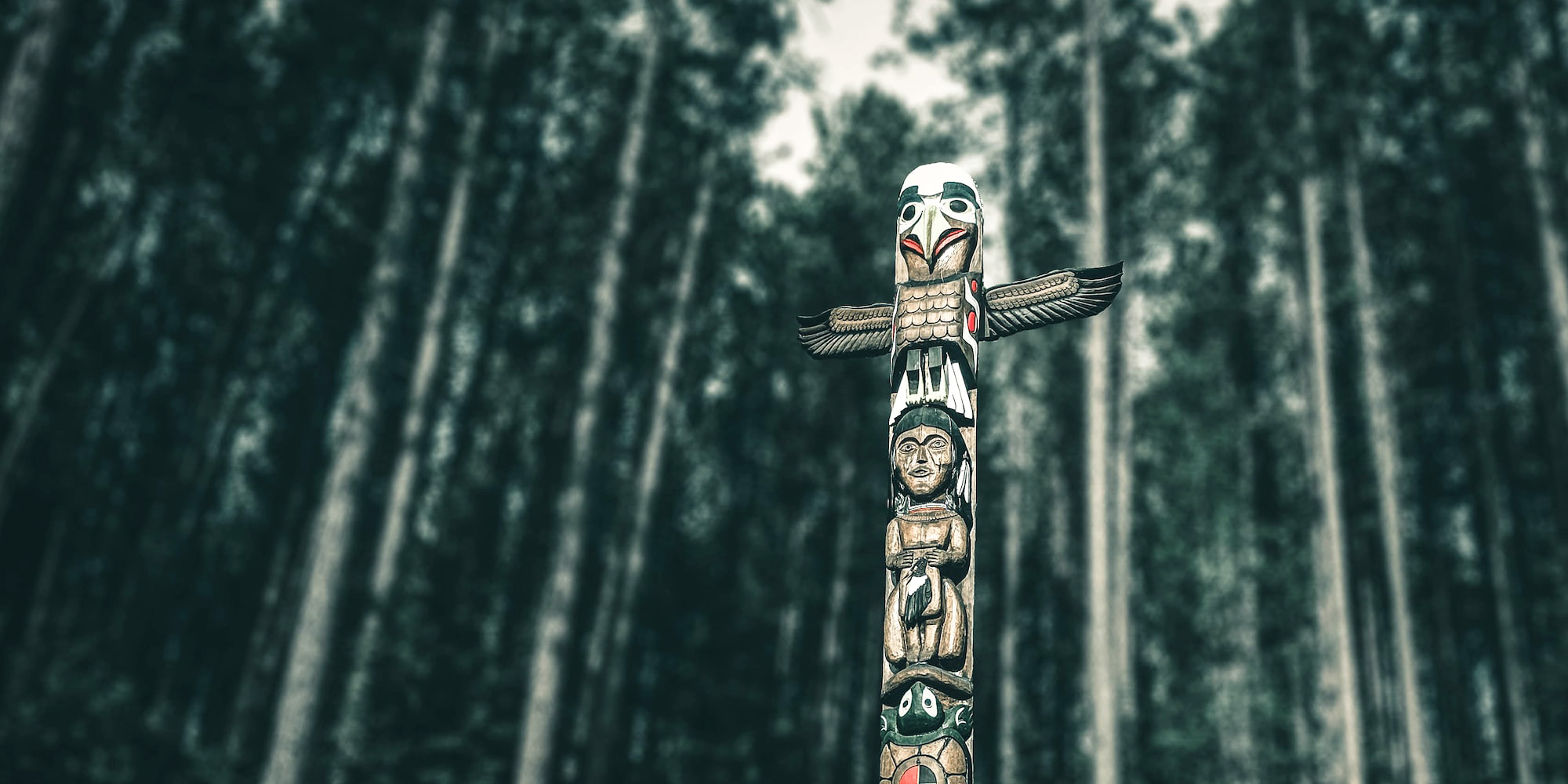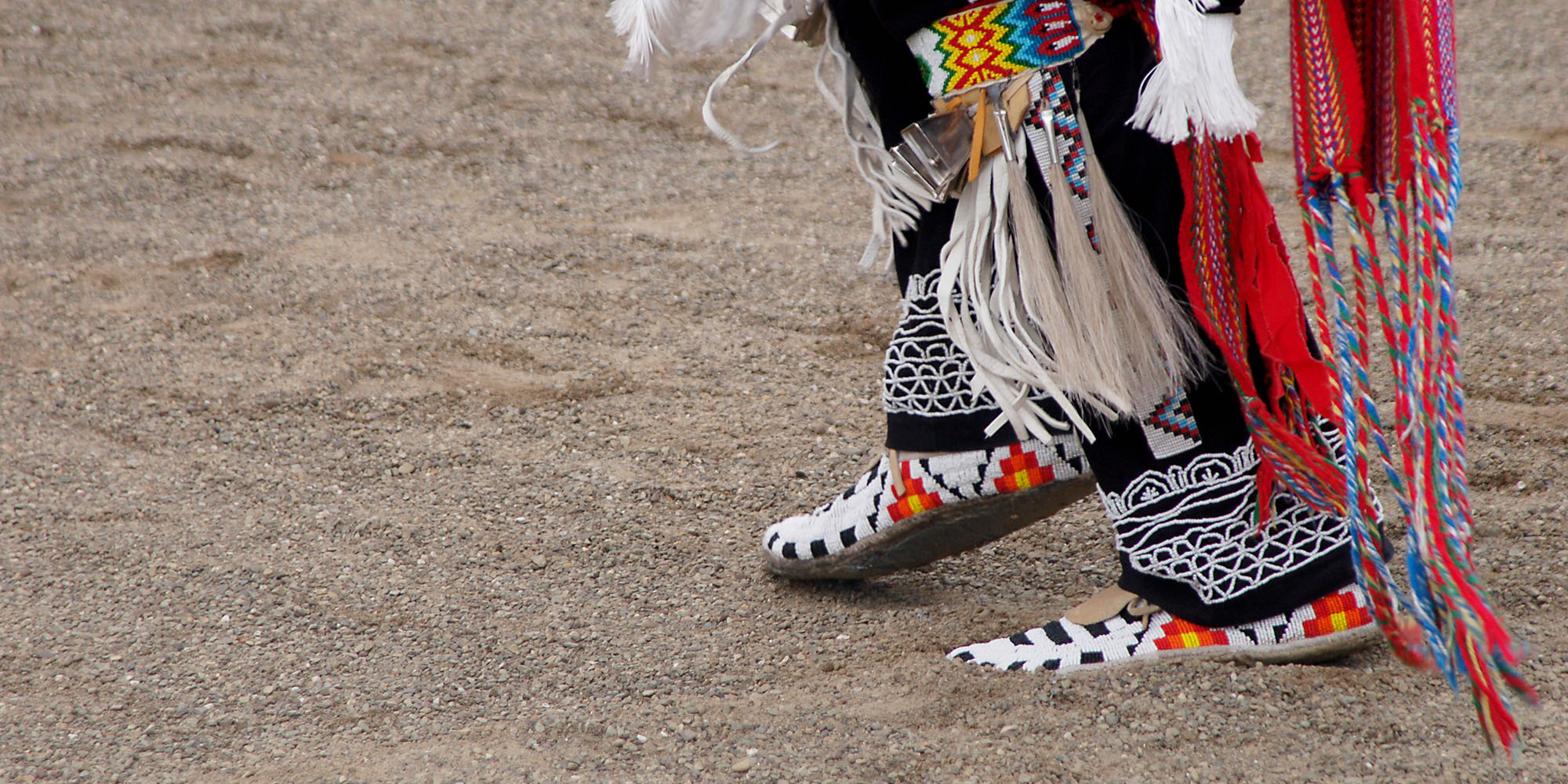3 'R's of an Effective Indigenous Pre-Engagement Strategy
The foundation of meaningful engagement with an Indigenous community is trust. Earning that trust will take time, consistency, and transparency. The...
3 min read
Bob Joseph January 19, 2017

There are many reasons for researching an Indigenous community but for the purposes of this article, we are talking about research in terms of a project proponent and an Indigenous community.
Long before you contact the band or community office it’s important to have a solid understanding of the community you wish to engage with. Without this base of knowledge, you stand to put your company in the awkward position of wasting the valuable time of the office staff. If you do waste their time it could be tough going to make a good second impression after making a bad first impression. Time spent on pre-engagement research of Indigenous communities is invaluable. Be sure to document all you learn as you will be referring back to this information frequently should your project move along the development process.
Taking the time to get to know the dynamics of a community in advance of engagement is a sign of respect. It shows you take your relationship with the community seriously, that you want to engage respectfully, and that you understand the community’s history, achievements and challenges. To ensure you are using the right terminology in your communications with Indigenous Peoples, download our free terminology eBook.
Before you even begin your pre-engagement research I recommend everyone on your team take, at a minimum, Indigenous awareness training. Being aware of the post-contact history of Indigenous Peoples in Canada, the impacts of colonization, ongoing effects and impacts of colonization, and the sometimes epic court challenges to have rights and title recognized will shape the way you do your research.
Here is a checklist that anyone could use before they go to a community to check their level of cultural competency; it could also be shared with a whole team to let them assess themselves: Indigenous cultural competency self-assessment checklist.
An Indigenous community is not a simple grouping of people so an understanding of the potential complexity will help you in your research. Here’s a description from the Government of Canada Panel on Research Ethics website:
Community – describes a collectivity with shared identity or interests, that has the capacity to act or express itself as a collective. In this Policy, a community may include members from multiple cultural groups. A community may be territorial, organizational or a community of interest. “Territorial communities” have governing bodies exercising local or regional jurisdiction (e.g., members of a First Nations resident on reserve lands). “Organizational communities” have explicit mandates and formal leadership (e.g., a regional Inuit association or a friendship centre serving an urban Aboriginal community). In both territorial and organizational communities, membership is defined and the community has designated leaders. “Communities of interest” may be formed by individuals or organizations who come together for a common purpose or undertaking, such as a commitment to conserving a First Nations language. Communities of interest are informal communities whose boundaries and leadership may be fluid and less well-defined. They may exist temporarily or over the long term, within or outside of territorial or organizational communities. [1]
In your pre-engagement research we recommend you build an understanding of:
Here are some sites to get you started in the research process:
Visit the First Nation Profiles Interactive Map on INAC website. On this interactive map you will find information on First Nations, Indian reserves and tribal councils. Additionally, the map indicates if there is a connection between a particular First Nation and Tribal Council. By clicking on the green dots, an information box opens up showing:
Some provinces may have databases of consultation resources. British Columbia, for example has Consultation with First Nations. Be sure to also search the community website too as well as any tribal political affiliations.
This information should help you build a solid understanding of the community you wish to work with.
[1] Government of Canada Panel on Research Ethics
Featured photo: Unsplash

The foundation of meaningful engagement with an Indigenous community is trust. Earning that trust will take time, consistency, and transparency. The...

Effective negotiations with Indigenous communities require your team to have a deep understanding of the community with which you hope to work. This...

Indigenous engagement for your proposed project is so much more than 'getting to yes.' Your organization needs to understand that the goals of...